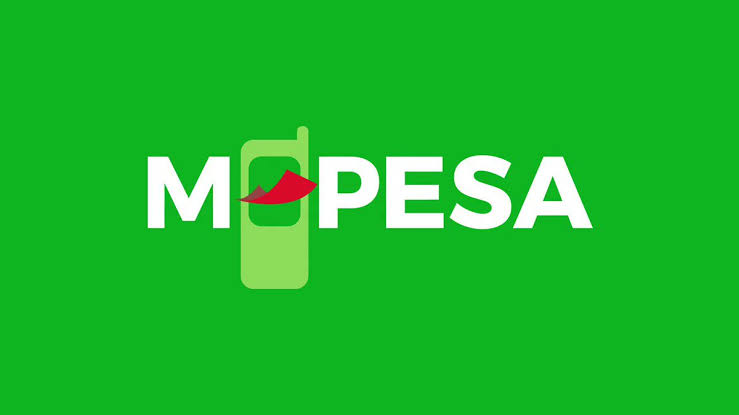Most digital currencies exist in a sort of twilight state just beyond the grasp of federal regulators, but the U.S. tax authority is starting to get savvy to this whole bitcoin thing.
On Wednesday, a federal judge in San Francisco ruled that Coinbase must supply the IRS with identifying information on users who had more than $20,000 in annual transactions on its platform between 2013 and 2015. After noticing that the number of tax returns claiming gains from virtual currency didn’t line up with the emerging popularity of digital currencies like bitcoin as an investment vehicle, the IRS asked Coinbase to hand over a broad swath of information on its users. Coinbase pushed back, and now the court has landed on a compromise that the company is calling a “partial victory.”
“Coinbase itself admits that the Narrowed Summons requests information regarding 8.9 million Coinbase transactions and 14,355 Coinbase account holders. That only 800 to 900 taxpayers reported gains related to bitcoin in each of the relevant years and that more than 14,000 Coinbase users have either bought, sold, sent or received at least $20,000 worth of bitcoin in a given year suggests that many Coinbase users may not be reporting their bitcoin gains,” the court documents read.
While cryptocurrency users who value the relative decentralization and privacy afforded by digital currencies won’t be happy, Coinbase succeeded in limiting the government’s initial request for information on all Coinbase users who made transactions from 2013 to 2015 to the smaller subset of high-value users.
The IRS initially requested nine kinds of user data, including complete user profiles, know-your-customer due diligence, documents regarding third-party access, transaction logs, records of payments processed, correspondence between Coinbase and Coinbase users, account or invoice statements and records of payments.
As the court documents specify, the narrowed IRS request applies to far fewer, but still more than 10,000, Coinbase account holders.




